In a significant ruling for Maharashtra’s real estate sector, the Nagpur bench of the Bombay High Court recently set aside a Goods and Services Tax (GST) demand issued to a city-based developer, Shrinivasa Realcon. The court’s decision clarified the tax implications of development agreements in the real estate sector, particularly in relation to the transfer of development rights (TDR).
The case in question involved a development agreement signed on April 7, 2022, between Shrinivasa Realcon and a landowner for constructing a residential complex on an 8,000 sq ft plot located in Mouza Lendra. The agreement stipulated a consideration of Rs 7 crore and two flats in exchange for the developer undertaking the construction. The GST department had issued a show-cause notice to the developer on August 14, 2024, followed by a tax order on December 10, 2024, demanding GST on the transfer of TDR or Floor Space Index (FSI) for the project.
However, the developer, represented by senior counsel Akshay Naik and assisted by Abhishek Bhoot, argued that the project did not involve any transfer or purchase of development rights or FSI from external sources. Instead, the construction was based solely on the existing FSI or any statutory increase granted by the planning authorities.
The GST law’s Entry 5B, as outlined in the notification of June 28, 2017 (amended on March 29, 2019), pertains to the taxation of services involving the transfer of TDR or FSI for construction purposes. However, the court noted that the GST law does not define the term "transfer of development rights" and thus, failed to apply the GST provision in this case. The bench also referred to Clause 11.2 of the Unified Development Control and Promotion Regulations, which defines TDR as compensation in FSI granted by a planning authority. In this case, no external TDR was involved, as the developer used the existing FSI and any statutory increase.
The court ruled that the development agreement did not involve the transfer of TDR and, therefore, the GST law’s Entry 5B could not be applied. The judges also found that Clause 18 of the agreement, which simply required compliance with the Maharashtra Apartment Ownership Act, 1970, was insufficient to establish the transfer of development rights.
Ultimately, the division bench, comprising Justices Avinash Gharote and Abhay Mantri, quashed both the show-cause notice and the final GST order issued against the developer. They concluded that the transaction in question fell outside the scope of Entry 5B of the GST notification and dismissed the GST department’s demand.
Key Takeaways from the HC Verdict:
- The court determined that there was no actual transfer of development rights (TDR) involved in the agreement.
- GST provisions under Entry 5B could not be invoked in this case as the developer only utilized existing FSI or any statutory increase.
- The GST Act does not provide a clear definition of “transfer of development rights.”
- Clause 18 of the agreement was not evidence of a transfer of rights, as it only addressed compliance with the Maharashtra Apartment Ownership Act.
- Both the show-cause notice and the final tax order were quashed by the court, setting aside the GST demand.
This ruling provides clarity for the real estate sector in Maharashtra regarding the taxability of development agreements that do not involve the transfer of external TDR or FSI. It is an important precedent for developers and landowners, ensuring that only those agreements that explicitly involve the transfer of development rights are subject to GST under the relevant provisions of the law. In the context of rising real estate projects and increased regulatory scrutiny, this judgment serves as a valuable reference point for similar cases and helps to mitigate the uncertainty around tax liabilities in real estate development.

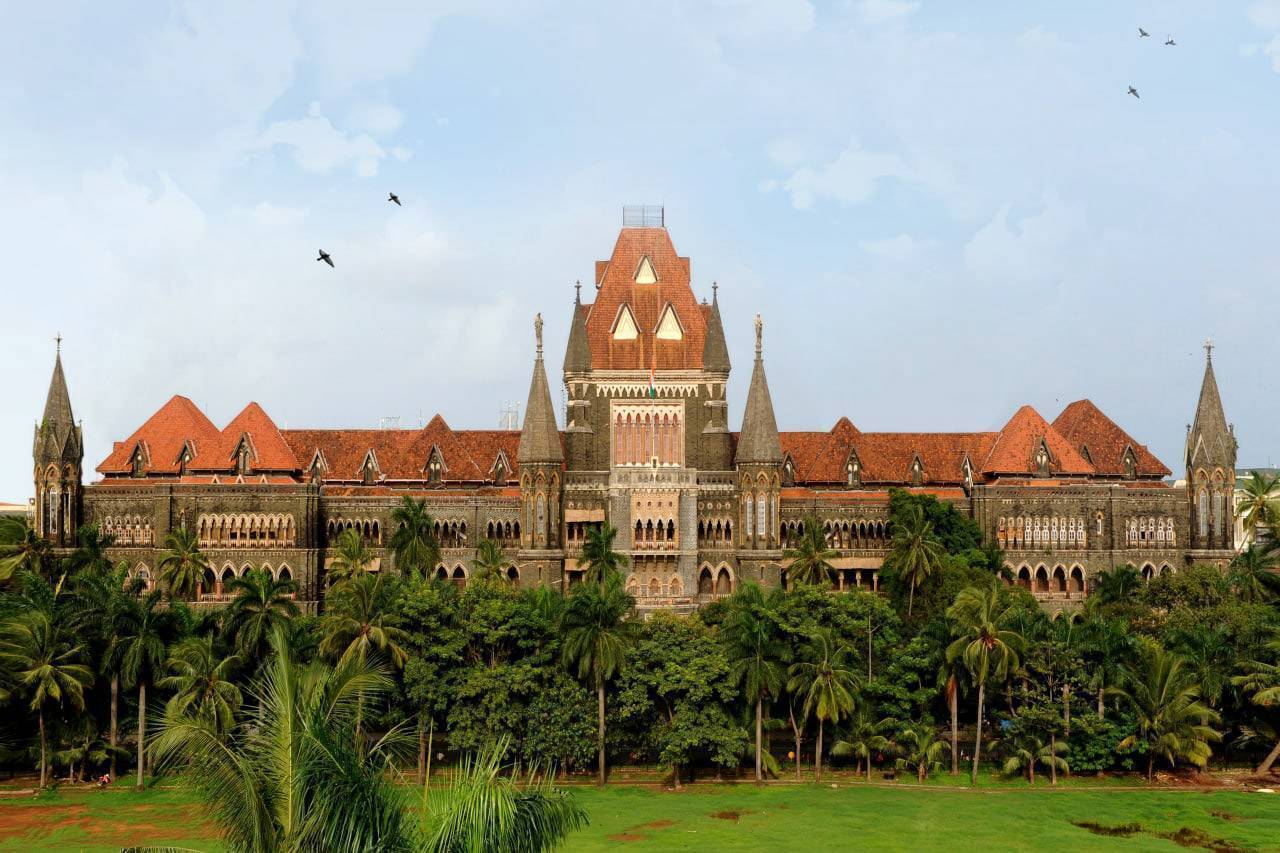


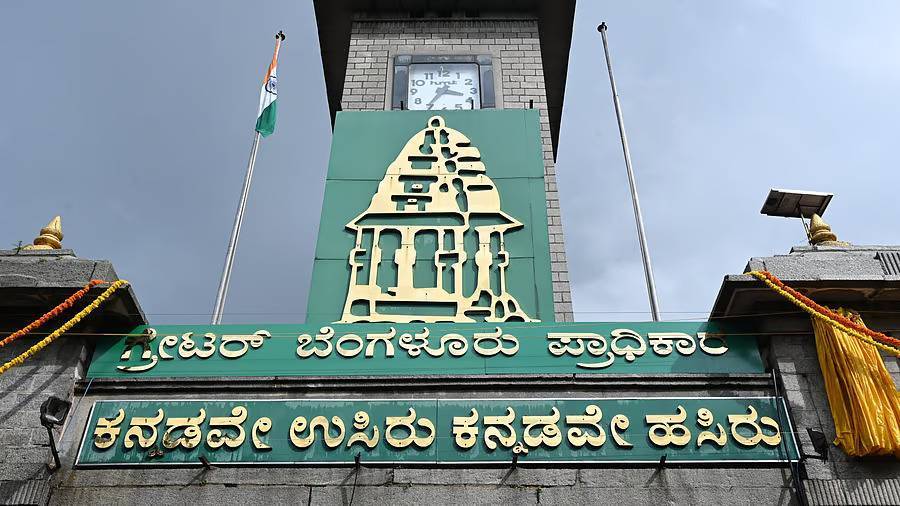
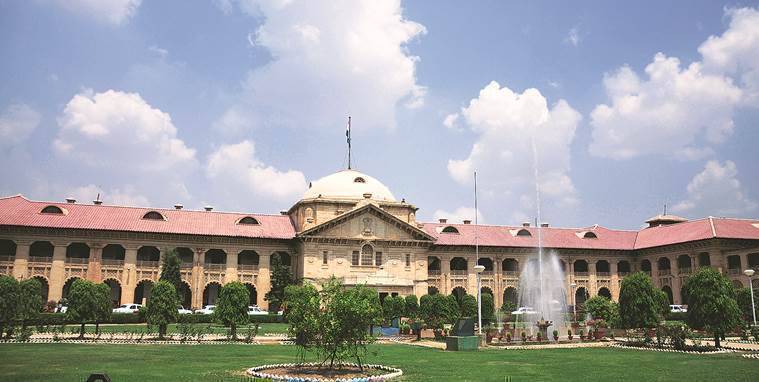
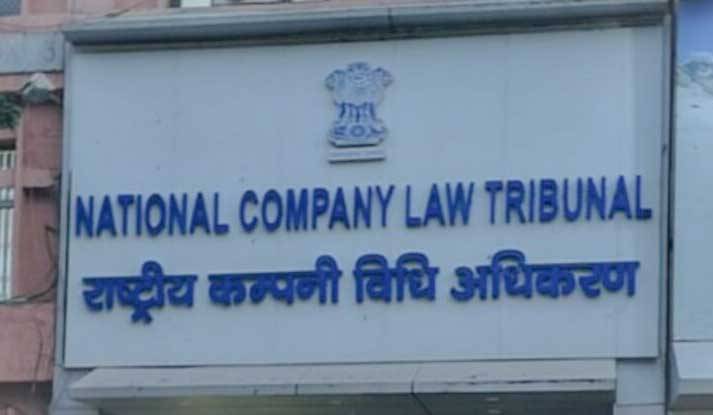
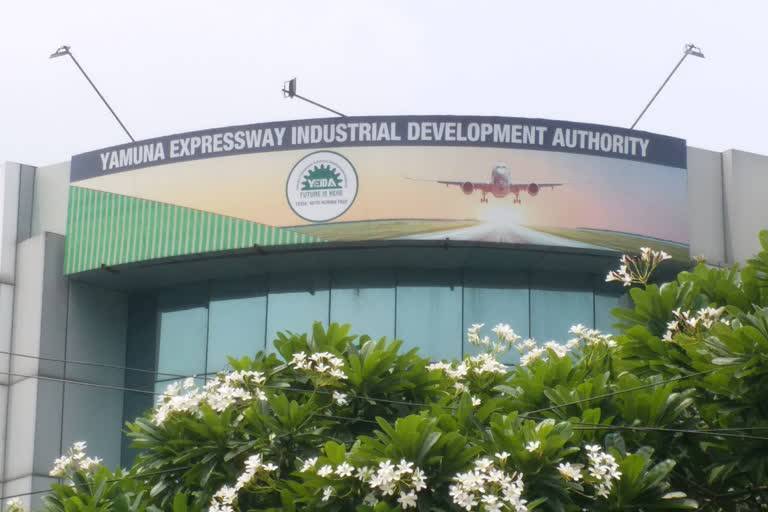

.png)